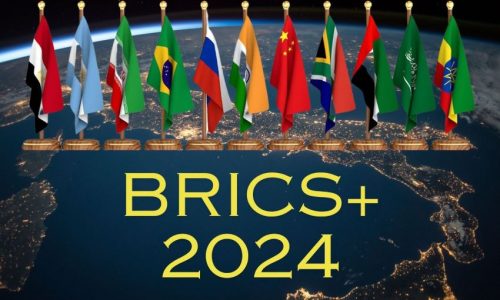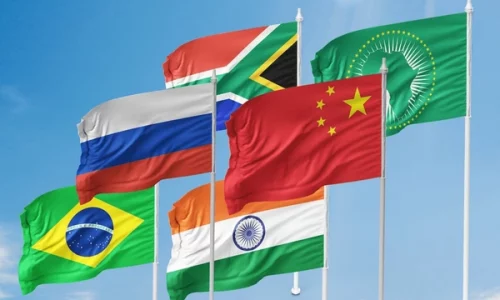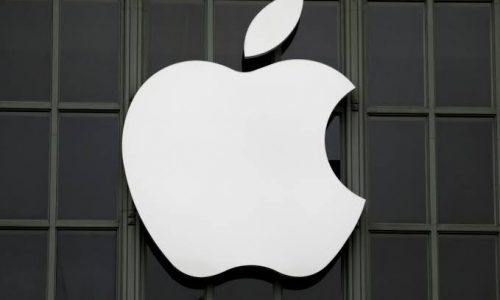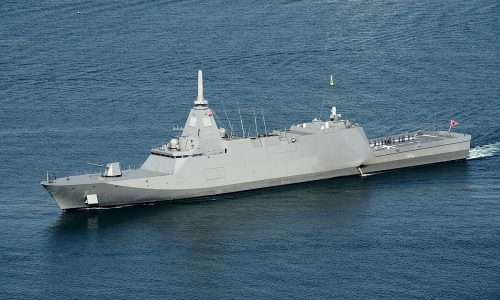President Joko Widodo and German Chancellor Olaf Scholz met in Germany to agree on Government to Government (G2G) cooperation regarding the Joint Declaration of Intent on Joint Economic and Investment Committee.
Cooperation between both country’s government in the field of digital transformation was also established through the Joint Declaration of Intent in The Feed of Digitalization between the Ministry of Communication and Informatics, and the German Ministry of Digital and Transformation.
In the Business to Business (B2B) sector, there have been 18 agreements with a total value of IDR 27.9 trillion. “That is in the sustainability sector, and the energy transition, investment, start-up innovation, and developing Indonesia 4.0,” said Marsudi.
Previously, President Joko Widodo met with several leading European companies including BASF, Eramet, Volkswagen (VW) through their battery subsidiary PowerCo. The three companies are interested in making investment in Indonesia.
In addition, there are several important deliverables that must be achieved to create equal economic relations between Indonesia-Germany, and Indonesia-European Union (EU). However, there are several regulation barriers between the two countries that hampers further progress.
“For this reason, various European Union regulations that impede prosperity need to be addressed,” said Marsudi. In addition, Jokowi also asked for Germany’s support so that negotiations on the agreement between Indonesia and the EU CEPA could be completed soon.
The European Union Comprehensive Partnership Agreement (IEU CEPA), is a cooperation between the European Union (EU) and Indonesia that will establish a free trade agreement between Indonesia and the European Union.
Currently, the relationship between Indonesia and the EU is somewhat precarious. Last year, Indonesia lost a lawsuit filed by the European Union over its nickel export ban policy. The WTO, through its decision, declared that the export policy and the obligation to process and refine nickel minerals in Indonesia are proven to have violated WTO provisions.
In addition, the dispute over Indonesian palm oil has become a topic of conversation due to discrimination in Europe. Previously, the EU had approved the European Union’s Anti-Deforestation Law, thereby preventing companies from selling coffee, palm oil, soybeans and other deforestation-related commodities to their markets. Indonesia is one of the countries affected by the Law.
Under the EU’s Anti Deforestation Law, companies are required to make a due diligence statement that their supply chain does not contribute to forest destruction before selling goods to the EU, or face hefty fines.
For Indonesia, there is a huge advantage from this collaboration, starting from pocketing a large amount of investment from Germany, as well as encouraging the IEU-CEPA to be completed quickly.
“The commitment from Chancellor Scholz also encourages that Germany will provide assistance so that the IEU-CEPA discussion can be accelerated. Indeed, there are several issues between Indonesia and the EU. However, Germany sees that the approach we have to take is also a pragmatic one. So that way we hope that the IEU-CEPA agreement can be accelerated,” said Airlangga Hartarto, the Coordinating Ministry in Economic Affairs on April 18, 2023.








